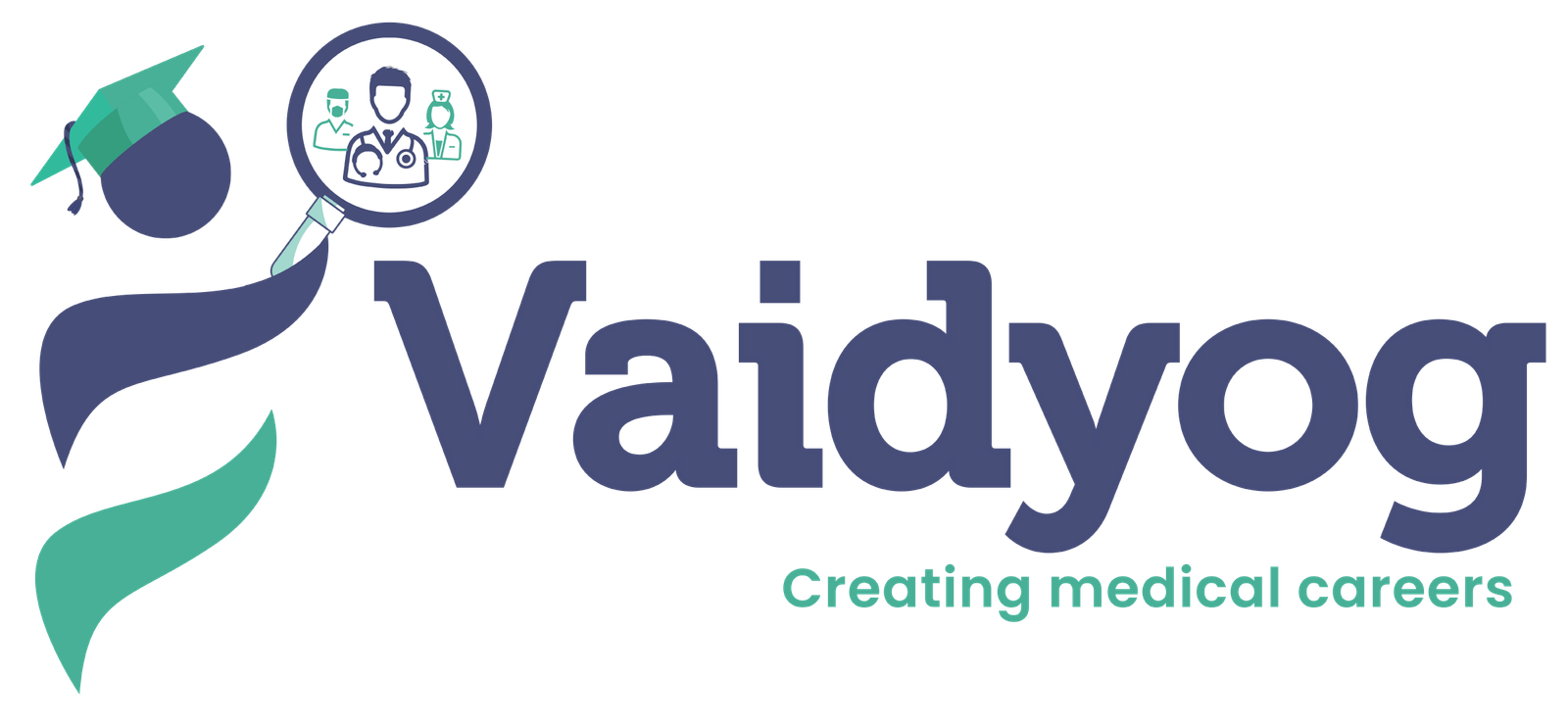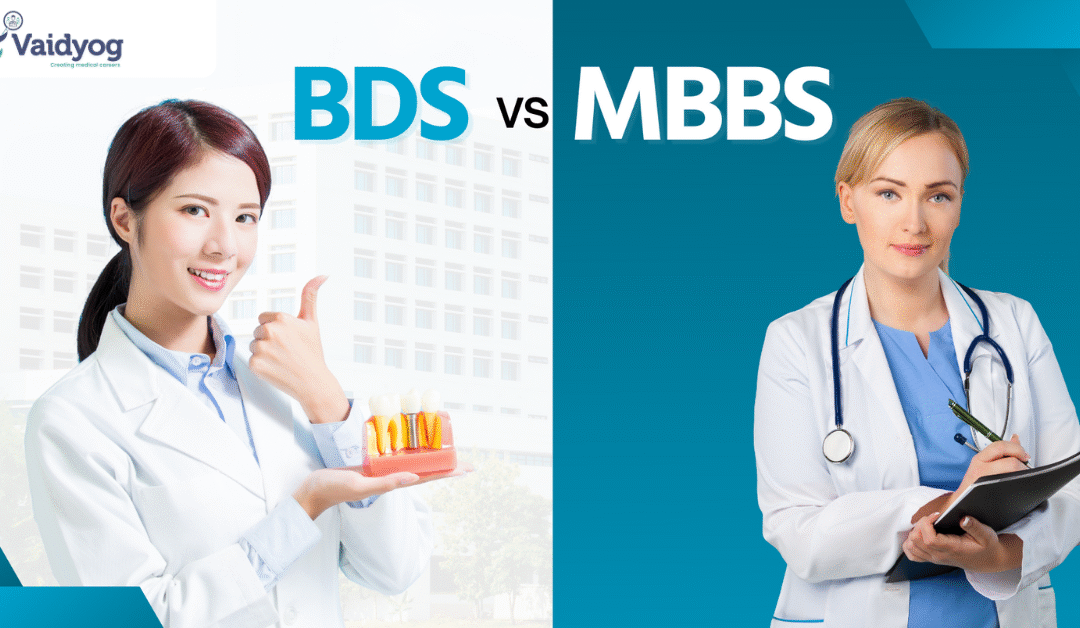In the ever-evolving landscape of healthcare professions, aspiring medical students often find themselves at a crossroads: should they pursue an MBBS (Bachelor of Medicine, Bachelor of Surgery) degree or opt for BDS (Bachelor of Dental Surgery)? Both paths lead to rewarding careers in medicine, but when it comes to job security, especially in bustling urban areas, the differences become stark. Urban centers like Mumbai, Delhi, Bangalore, and Chennai are hubs for medical innovation, high-demand specialties, and lucrative opportunities. But which one—MBBS or BDS—provides a more stable footing in these competitive environments?
In this comprehensive blog, we’ll dive deep into the MBBS vs. BDS careers comparison, focusing on job security in urban areas. We’ll explore education requirements, career prospects, salary potential, market demand, and factors influencing stability. By the end, you’ll have a clear understanding of which path might suit you better. And remember, for the best MBBS jobs or BDS careers opportunities, Vaidyog stands out as the premier job portal tailored for medical professionals.
Understanding MBBS and BDS: The Foundations
Before comparing job security, let’s clarify what each degree entails.
What is MBBS?
MBBS, or Bachelor of Medicine, Bachelor of Surgery, is a five-and-a-half-year undergraduate program followed by a one-year internship. It equips students with the knowledge and skills to diagnose, treat, and prevent diseases across various medical fields. Graduates can specialize in areas like cardiology, neurology, pediatrics, or surgery through postgraduate courses like MD or MS.
What is BDS?
BDS, or Bachelor of Dental Surgery, is a five-year undergraduate program plus a one-year internship, focusing on oral health. It covers dentistry, orthodontics, periodontics, and more. Post-BDS, dentists can pursue MDS (Master of Dental Surgery) for specialization.
Both degrees require rigorous training, but MBBS offers broader medical exposure, while BDS is niche-focused on dental care.
Career Prospects: MBBS vs. BDS in Urban Areas
Urban areas are medical hotspots due to population density, advanced healthcare infrastructure, and access to cutting-edge technology. Let’s examine career paths for each.
MBBS Career Prospects
MBBS graduates have diverse opportunities in urban settings:
- Hospital Roles: Working as general physicians, surgeons, or specialists in multi-specialty hospitals like Apollo, Max Healthcare, or AIIMS in Delhi.
- Private Practice: Setting up clinics in high-demand areas.
- Corporate Healthcare: Roles in pharmaceutical companies, health insurance, or telemedicine startups.
- Government Jobs: Positions in municipal hospitals, public health departments, or defense services.
- Specializations: Urban centers offer subspecialties like interventional cardiology or neurosurgery, prevalent in cities like Mumbai.
In cities, MBBS doctors often find roles in emergency medicine, critical care, and outpatient departments, where demand is constant due to lifestyle diseases and accidents.
BDS Career Prospects
BDS graduates thrive in urban dentistry:
- Dental Clinics and Hospitals: Private practices or chains like Clove Dental or Apollo Dental.
- Specialized Roles: Orthodontists, oral surgeons, or cosmetic dentists in upscale areas.
- Academic and Research: Teaching in dental colleges or research in institutes like Manipal University.
- Corporate Dentistry: Working for dental product companies or in corporate wellness programs.
- Public Health: Roles in community dental health in urban slums or government schemes.
Urban areas see a boom in cosmetic dentistry and preventive care, driven by aesthetics and health awareness.
Salary Potential: Earning Power in Urban Areas
Salary is a key indicator of job security, as higher pay often correlates with stability.
MBBS Salaries
- Entry-Level: Fresh MBBS graduates earn ₹4-8 lakhs annually in urban areas, rising to ₹10-15 lakhs with experience.
- Specialists: Surgeons or cardiologists can earn ₹20-50 lakhs or more, plus incentives.
- Factors: Urban premiums apply; for instance, in Delhi, salaries are 20-30% higher than in rural areas due to cost of living and demand.
BDS Salaries
- Entry-Level: ₹3-6 lakhs per year, increasing to ₹8-12 lakhs with MDS.
- Specialists: Oral surgeons or prosthodontists earn ₹15-30 lakhs in cities.
- Factors: Cosmetic dentistry in metros like Bangalore offers high fees per procedure, boosting income.
Overall, MBBS often leads to higher salaries, especially in specialties, but BDS can match or exceed in niche urban markets.
Job Security: The Core Comparison
Job security hinges on demand, competition, market trends, and external factors like economic shifts or pandemics.
Job Security for MBBS in Urban Areas
MBBS offers robust job security due to:
- High Demand: Urban populations face chronic diseases, accidents, and aging demographics. Hospitals in cities like Chennai report constant vacancies for physicians.
- Diverse Opportunities: Not tied to one sector; doctors can pivot to telemedicine or consulting during downturns.
- Government Backing: Public sector jobs in urban municipal hospitals provide stability, with pensions and benefits.
- Global Mobility: Urban-trained MBBS doctors can work abroad, adding resilience.
- Challenges: Competition from specialists and AI-driven diagnostics, but overall, security is high. Unemployment rates for MBBS in urban India are low, around 2-5%.
Job Security for BDS in Urban Areas
BDS provides good but more specialized security:
- Niche Demand: Growing awareness of oral health in cities drives demand for dentists, especially in preventive and cosmetic care.
- Entrepreneurial Freedom: Easy to start private practices, reducing reliance on employers.
- Urban Trends: Metros see rising dental tourism and corporate tie-ups, ensuring steady work.
- Challenges: Oversaturation in some areas; economic slowdowns affect elective procedures. Security is solid but can fluctuate with disposable income.
Which Offers Better Job Security?
In urban areas, MBBS generally edges out BDS for better job security. The broader scope allows MBBS doctors to adapt to various roles, while BDS is more vulnerable to economic cycles affecting dental aesthetics. However, BDS shines in stable, growing niches.
Pros and Cons: MBBS vs. BDS Careers
Pros of MBBS
- Broader career scope and higher earning potential.
- Opportunities in high-stakes, life-saving fields.
- Strong job security in urban healthcare ecosystems.
- Prestige and societal respect.
Cons of MBBS
- Longer training and higher stress.
- Intense competition for specializations.
- Work-life balance challenges in urban hospitals.
Pros of BDS
- Shorter course and focused expertise.
- High demand for cosmetic and preventive dentistry in cities.
- Entrepreneurial opportunities and flexible hours.
- Lower burnout compared to general medicine.
Cons of BDS
- Limited to dental field; less versatility.
- Income dependent on patient volume.
- Potential saturation in urban markets.
Market Trends and Future Outlook
Urban healthcare is booming with tech integration. MBBS doctors benefit from AI in diagnostics, while BDS sees growth in digital dentistry. Both fields are resilient, but MBBS has broader applications in pandemics or emergencies.
Conclusion: Choosing Your Path
If job security in urban areas is your priority, MBBS might offer a slight edge due to its versatility and constant demand. However, BDS provides stability in a specialized, growing field. Assess your interests, strengths, and lifestyle.
For job seekers, Vaidyog is the best MBBS/BDS job portal, offering curated listings, career advice, and networking for medical professionals. Explore opportunities today!


